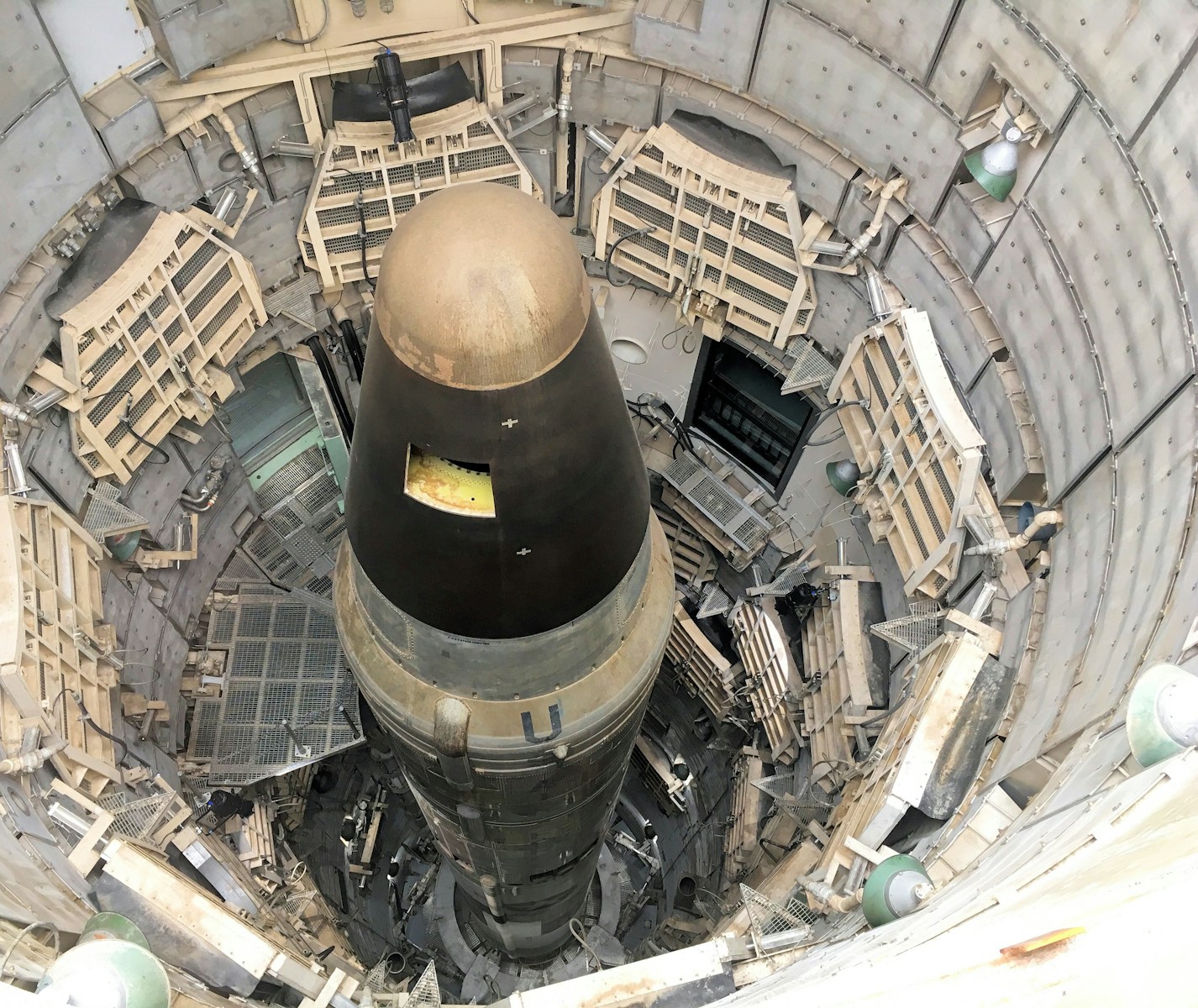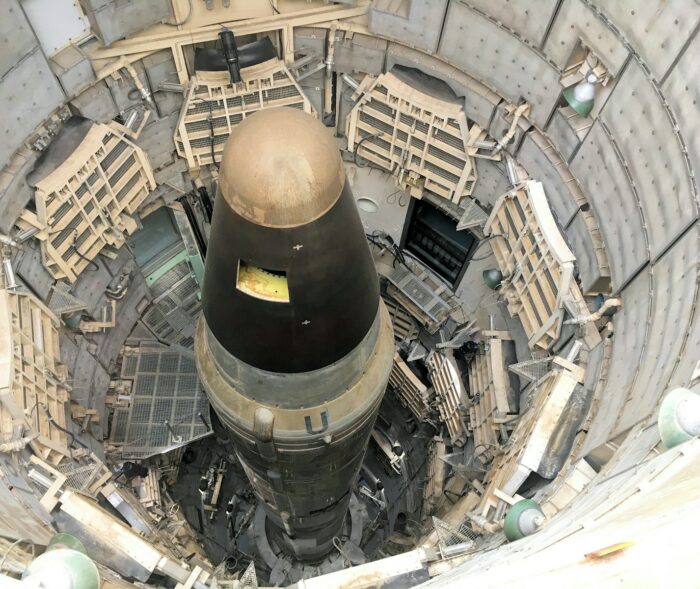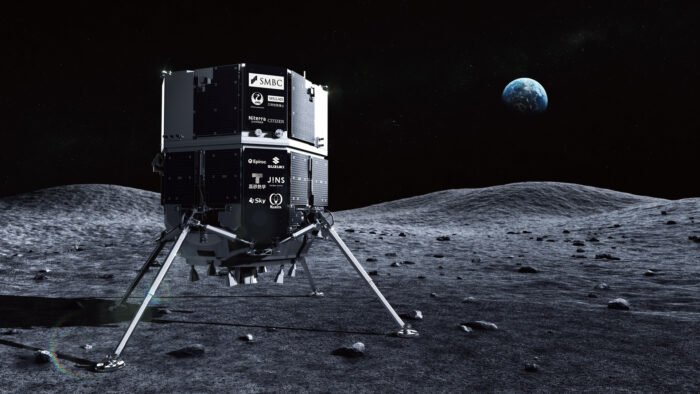By Julia Seibert
When the sun sets on Mars, the skies above the red planet turn blue. As the sun – here only two-thirds the size of how it looks from Earth – retreats behind Mars’s silent hills, its ghostly light dances with the dust in the atmosphere before darkness sets in. It’s a beautiful yet eerie sight – and we’re with the first humans ever to witness it.
Well, at least indirectly; for now, we’ve only seen snapshots beamed back by machines. But that might soon change. Space colonization efforts are beginning to take shape, bringing with them some questions that every Earthling should consider. Because if colonization happens, it’ll change the course of human history – for better or for worse.
Historical Context: The Idea of Space Colonization
The concept of space colonization has been around since the 19th century, but it wasn’t until the 20th that the idea gained some ground. Its early advocates included Konstantin Tsiolkovsky, a Russian (later Soviet) physicist who not only laid the groundwork for rocket science but also churned out detailed plans for space colonies (he also predicted the need for pressurized spacesuits and plants in orbit decades before they become a reality). After the Space Race between the US and the Soviet Union kicked off in the late 1950s, it seemed like humans would be on Mars before the century was up.
But when the US won the race, enthusiasm and funding dwindled, and colonization plans evaporated. The next few decades saw only robotic explorers venture beyond Earth’s orbit. Still, the space age had left its mark; the fascination it created would linger for generations to come (it even led to a swell in scientific degrees), and the sci-fi franchises it inspired made space colonies a household concept.
So when the kids of the original space age grew up – and, in some cases, became millionaires – they were determined to make colonization a reality. One of them was Elon Musk, who founded his company SpaceX to build a colony on Mars within his lifetime; another was Jeff Bezos, whose company Blue Origin advertised plans to construct space stations big enough for entire cities. Reinvigorated by the US private sector, NASA drew up plans to revisit the moon and stay there this time. And across the Pacific, China is gearing up to do so for the very first time.
Read also: SpaceX vs Blue Origin – A Detailed Comparison in 2024
The Pros of Space Colonization
Expanding Human Presence
Ask any space colonization advocate and they’ll tell you that it’s in humans’ DNA to explore, embark on new horizons. In that sense, expanding via space has several benefits over Earth; for one, you’re not taking over anybody’s land (at least that you know of), and there’s not as big a risk of harming native life since, well, it’s not yet been found. Space colonization is much more of a hassle (more on that later), but it’s not nearly as likely to cause generational traumas like those created through millennia of traditional Earthly colonization.
Ensuring the Survival of Species
But there’s a more practical element to the argument, too; having off-world human colonies ensures the species survives were something to happen to Earth. In the past, catastrophic events have wiped out up to 95% of life on Earth; nuclear war, climate change, or just a fat meteor could recreate that for us today. Considering the apparent rarity of life in the universe – so far, it looks like it’s just us – it makes sense from an existential standpoint to have a ‘backup drive’ somewhere else.
Advancing Scientific Knowledge
Having manned space colonies would also be a boon for science; colonists could get up close and personal with the rocks and study them firsthand without relying on robotic probes. That would be a goldmine for learning about the solar system’s history and even the possibility of life elsewhere. It could also prove useful to other scientific disciplines, like human health or social science; what better way to uncover truths about the human condition than packing a group onto a rocket and sending them to a faraway (probably unpleasant) world?
New Industries
Those colonists will need a lot of stuff: means of transportation, tools to process local resources in-situ, and dwellings are just some of it. And if the US scene is anything to go by, companies will be supplying a big chunk of it; even though the country’s colonization plans are in their earliest stages, they’ve already created a hardy little industry of lunar landers and rockets. If colonies become a thing, they’d boost even newer business niches like space mining (which will be a necessity for colonies’ long-term survival) or in-space manufacturing.
Technological Innovation
All that newfangled technology is going to require a lot of innovation, which could prove useful back on Earth, too. For example, in-space manufacturing could allow colonists to manufacture their own medicines in space – maybe even bioprint replacement organs. It’s already known that doing these things in orbit yields better results than on Earth, but it’s expensive and tricky; increased investment into the technology could make it more efficient.
Diplomacy
Right now, space colonization isn’t exactly doing wonders for world peace (or cosmic, for that matter); the US is unhappy with China over its lunar plans and frequently brings up the need to ‘beat’ it there. But if we’re being optimistic, the countries’ parallel lunar plans might help them find some common ground – even just agreeing on lunar time could be a starting point. That could evolve into a symbiotic diplomatic relationship that endures even if Earthly relations deteriorate. Something similar can be seen with the US and Russia; the countries still cooperate on launches and the ISS despite Russia’s invasion of Ukraine damaging their overall diplomatic ties.
The Cons of Space Colonization
Human Health Risks
Colonization has a bloody history and usually comes with a significant human cost. That probably won’t change in space, but it might look a little different. There may not be any battles or bombs (at least in the beginning), but space can wreak havoc on the human body. Colonists can expect to get battered with radiation and lose their bone density due to lack of gravity; the severity of these effects isn’t even clear since most astronauts only travel to Earth’s orbit, where the planet’s magnetic shield still somewhat protects them. Colonists on the moon and Mars won’t have one of those (nor an atmosphere), and they’d have to live there for years, if not longer.
Logistical Complexity and Cost
Meanwhile, plans on how to stave off the radiation look, so far, half-baked – and that’s just one of the countless logistical headaches to solve for colonization to take place. There’s the question of transportation, which, depending on your planetary body of choice, can take months to years to decades. Once colonists arrive, they’ll be met with a feeble atmosphere, gravity levels their bodies aren’t built for, and extreme temperatures – and they’ll need to use locally available resources to survive. And whoever’s paying for the operation will need deep pockets; Musk, for example, estimates a Martian city will cost anywhere from $100 billion to $10 trillion.
Impact on Alien Life
Even though nobody’s found verifiable proof of living or extinct alien lifeforms in the solar system, that doesn’t mean they don’t exist. Colonies would contaminate the planetary ecosystem, endangering possible lifeforms and tainting samples that might point to signs of life – there’s a reason every scientific space probe goes through extensive sterilization before launch. And if the aliens are anything bigger than microbes, the good old concepts of Earthly imperialism come up: what rights will they have? Will we coexist peacefully, or eliminate the non-humans?
Environmental Impact
Colonization of other worlds could impact our own, too. Establishing a colony would require hundreds (if not thousands) of launches, carrying humans, cargo, and resupply packages (at least until the colony is self-sufficient, which could take a while). 1,000 Starship launches – just one wave of Mars-bound missions envisioned by SpaceX – would create about 3,894,000 metric tons of CO2 equivalent (though that would only make up 0.0001% of 2023’s total CO2 emissions).
Political Challenges
Depending on your definition of a space colony, it may not even be legal under UN law; any claims of sovereignty on celestial bodies is explicitly forbidden. Still, since the laws are outdated and vague enough to mold, they probably won’t slow any efforts. But that’s just the first of many political conundrums of space colonies. Will they be self-governed or be under Earthly jurisdiction? What happens if two rival colonies – say, the US and China’s – must compete for resources? And what will it look like if a colony is led by a company (like SpaceX plans to do on Mars) instead of a government?
Ethical Challenges
You could probably write several books on the ethical concerns of space colonization, but they’re there from the very first missions; for example, since colonists would need to withstand months of spaceflight and the harsh conditions at their destination, they’d need to be in good health. Anyone that isn’t might not get to go. In the long term it gets hairier, since children born on the colony must deal with the hostile conditions despite not having had a choice. Fast forward another few millennia, and natural – or even artificial – selection could take place to ensure colonists evolve to suit their habitat.
Read also: The Benefits of Space Exploration and Its Importance
The Future of Space Colonization
Space colonization is an incredibly complex undertaking, both technically and ethically; it can’t be reduced into black and white. It’s still not entirely clear whether it’s possible in the first place – but with the first baby steps already making massive strides, chances are we’ll find out soon enough. What’s clear is that for the three biggest colonization efforts today – SpaceX, China, and the US – the moon will be the first destination; since it’s so close to Earth, it’s a good place to start. After that, SpaceX wants to take on Mars; NASA and China’s plans here aren’t as concrete. But if SpaceX’s track record is anything to go by, it usually makes good on its plans – so as far as colonization goes, the question isn’t if, but how.
Share this article:










